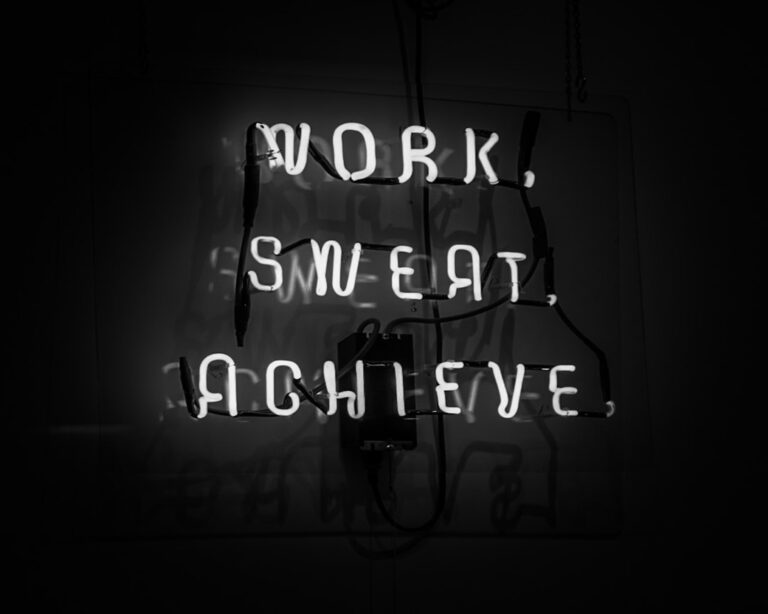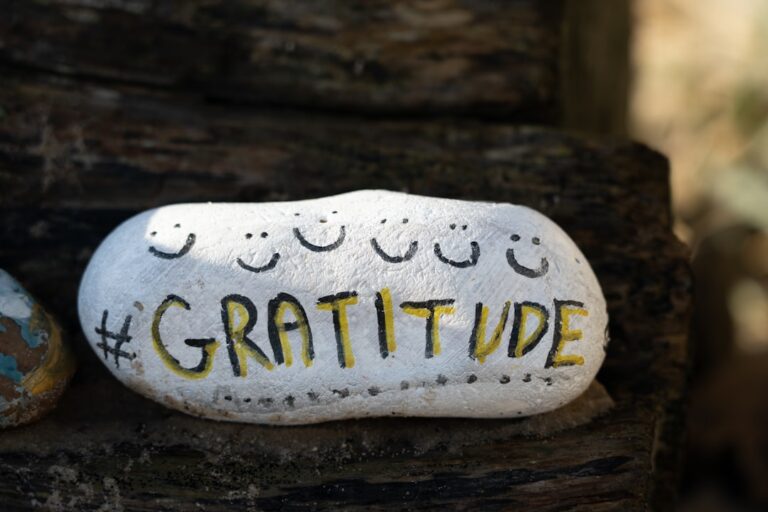
I used to wake up with no plan, and my days would just disappear into a blur.
If you’ve ever felt like you’re drifting without a paddle, I get it. I’ve been there. My life was a cycle of bad habits—binge eating, endless video games, smoking, and just being lazy. I felt stuck. Change seemed like a mountain I could never climb. But building a new life, a good life, didn’t happen with one giant leap. It happened with one small step, then another, and another.
It all came down to building a consistent routine. Not a rigid, soul-crushing schedule, but a flexible framework that gave my days purpose and direction. I lost over 110 pounds, built a productive life, and strengthened my relationship with God through this process.
If you’re ready to stop drifting and start living with intention, here are 20 tips that helped me build a routine that actually sticks.
Start with the Right Mindset
Before you change what you do, you have to change how you think. This is the foundation.
-
Start ridiculously small. You don't need a perfect two-hour morning routine on day one. Want to read more? Read one page. Want to exercise? Do five push-ups. I didn't lose 110 pounds by deciding to run a marathon. I started by walking for just 10 minutes a day. Small wins build momentum.
-
Know your "why." A routine without a reason will fall apart. Why do you want this? Is it for your health, your family, your work, or your faith? For me, my faith became my anchor. I wanted to build a life that honored God by taking care of the body and mind He gave me. Your "why" is the fuel you'll need on tough days.
-
Forget perfection. You will miss a day. You will mess up. That’s okay. The goal isn’t a perfect streak; it’s consistency over time. If you miss a workout, don’t let it become a missed week. Just get back on track with the very next thing. Progress, not perfection.
-
Pick one thing. Don’t try to change everything at once. You’ll burn out. Pick one single habit to focus on for a few weeks. Maybe it’s waking up 15 minutes earlier or drinking a glass of water first thing. Once that feels automatic, add another.
Prepare for Success
A good routine often starts the night before. Set yourself up to win.
-
Prepare the night before. Lay out your workout clothes. Pack your lunch. Tidy up your workspace. Five minutes of prep at night can save you from decision fatigue in the morning and make it so much easier to follow through.
-
Set a non-negotiable wake-up time. Waking up at the same time every day (yes, even on weekends) stabilizes your internal clock. It’s one of the most powerful ways to anchor your routine and start the day with intention instead of reaction.
-
Design your environment. Make your desired habits easy and your bad habits hard. If you want to read more, put a book on your pillow. If you want to stop scrolling in bed, leave your phone to charge in another room. Your environment shapes your behavior more than you think.
-
Use the "Two-Minute Rule." If a task takes less than two minutes, do it immediately. Putting your dish in the dishwasher, wiping down the counter, or replying to a quick email prevents small things from piling up and becoming overwhelming.
Take Action and Build Momentum
This is where the rubber meets the road. It’s time to put your plan into motion.
-
Stack your habits. Connect a new habit to one you already do. For example: "After I brush my teeth, I will do my five push-ups." Or, "After I pour my morning coffee, I will read one page of my book." This piggybacking technique makes the new habit feel more natural.
-
Schedule your routine. Put your routine on a calendar. It doesn't have to be minute-by-minute, but block out time for your most important tasks: your workout, your deep work, your prayer time. What gets scheduled gets done.
-
Build in breaks. Nobody can be "on" all the time. A good routine includes rest. Schedule short breaks to walk around, stretch, or just look out the window. Rest isn't lazy; it’s essential for staying consistent.
-
Front-load your day. Do your most important or most difficult task first. This is often called "eating the frog." Getting it done early creates a sense of accomplishment that carries you through the rest of the day.
-
Focus on deep work, not busy work. I found that true productivity isn't about working eight hours straight. It’s about focus. I get more done in 2-4 hours of uninterrupted, deep work than I ever did in a full day of constant distraction. Put your phone away, close unnecessary tabs, and give your full attention to the task at hand.
Stay on Track for the Long Haul
Consistency is a marathon, not a sprint. Here’s how to keep going when things get tough.
-
Track your progress. Use a simple notebook or a calendar to mark off each day you stick to your new habit. Seeing the chain of Xs build up is incredibly motivating. You won't want to break it.
-
Celebrate the small wins. Did you stick to your routine for a week? Acknowledge it. Feeling good about your progress reinforces the behavior. It’s not about huge rewards. It’s about taking a moment to be proud of yourself for showing up.
-
Find an accountability partner. Share your goals with a trusted friend or family member. A simple text message asking, "Did you do your walk today?" can be all the motivation you need to get it done.
-
Have a "zero-day" plan. Some days, you'll have zero motivation. It happens. For those days, have a bare-minimum version of your routine. Can’t do a 30-minute workout? Do a 5-minute one. Can’t write 1,000 words? Write 100. The goal is to never let a "zero day" happen.
-
Listen to your body. A routine should serve you, not control you. If you’re genuinely exhausted or getting sick, it’s okay to rest. Pushing through illness or injury will only set you back further.
-
Practice daily gratitude. This simple act changed everything for me. Each day, I take a moment to thank God for my blessings. It shifts my focus from what’s wrong to what’s right, and it fills me with the strength and perspective I need to keep going.
-
Review and adjust. Your life changes, and your routine should change with it. Once a month, take a look at what’s working and what’s not. Be willing to experiment and make adjustments. Your routine is a tool to build a better life, not a cage.
Building a consistent routine is one of the most powerful acts of self-respect you can practice. It’s you telling yourself that your future is worth investing in today. It won’t be easy at first, but it will be worth it.
So, let me ask you: What is the one small step you can take today to start building the life you want?





